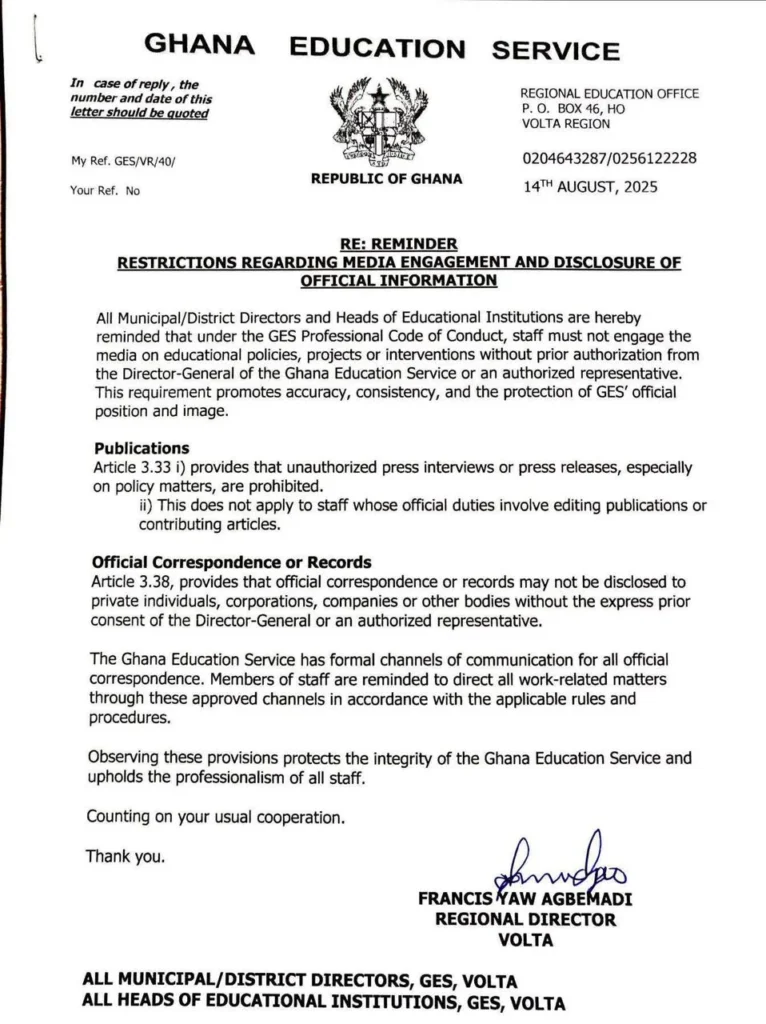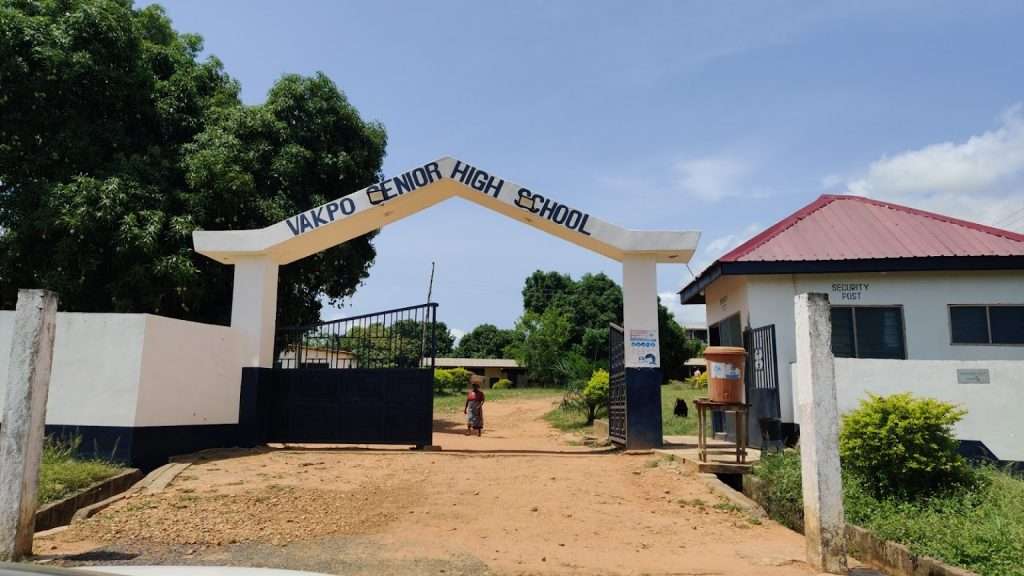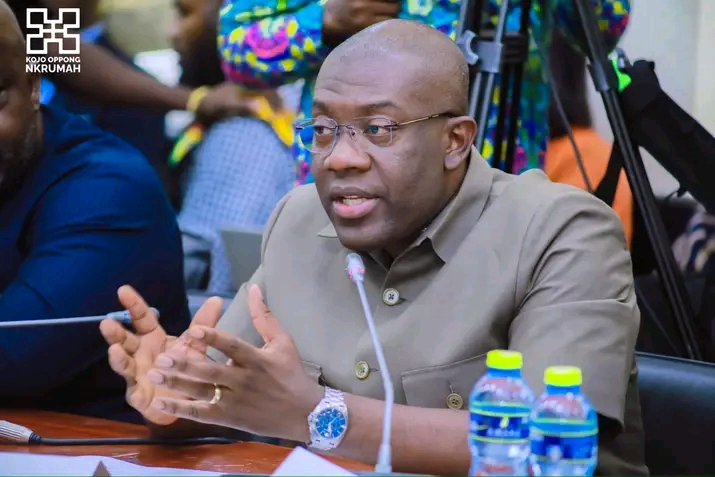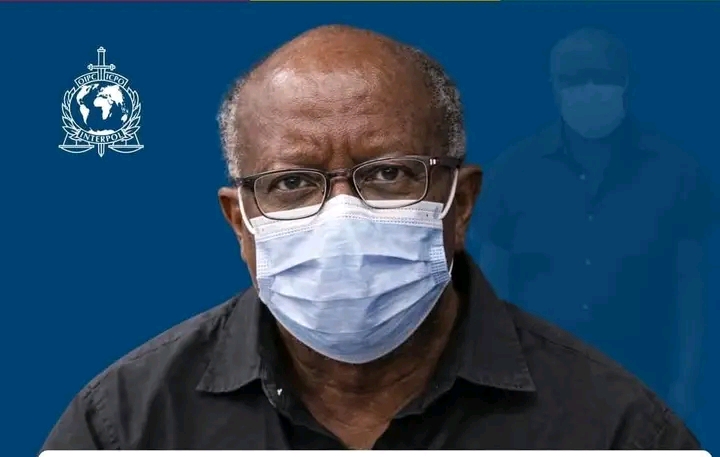By: Kenneth Appiah Bani
The Ghana Education Service (GES) has summoned the Headmaster of Vakpo Senior High School in the Volta Region following a media report by TV3 that highlighted the dire state of infrastructure at the school.
The report, which gained widespread public attention, showed deteriorating classroom blocks, inadequate furniture, and overcrowded facilities that hinder effective teaching and learning. Many students were seen studying under unsafe conditions, sparking concerns from parents and education stakeholders.
In response, the Volta Regional Directorate of GES issued a reminder on August 14, 2025, cautioning all Municipal and District Directors as well as heads of educational institutions against unauthorized engagement with the media on matters of educational policy, projects, and interventions. The directive stressed that only the Director-General of GES or authorized representatives are permitted to speak to the media, in line with the Service’s Professional Code of Conduct.
The circular, signed by the Volta Regional Director, Francis Yaw Agbemadi, emphasized that unauthorized press interviews and press releases are strictly prohibited, as they may distort official positions and undermine the Service’s image. Instead, staff are encouraged to channel concerns and official correspondence through the proper communication structures within GES.
The summons of the Headmaster of Vakpo SHS is expected to probe why the matter was brought to the media without prior clearance, despite the genuine infrastructural challenges faced by the school. Education analysts suggest that while the directive is meant to ensure consistency and professionalism, it also raises questions about how schools can draw urgent attention to pressing issues affecting teaching and learning.
Meanwhile, parents and old students of Vakpo SHS have called on the Ministry of Education and relevant authorities to prioritize the rehabilitation of the school’s facilities, stressing that the welfare of students must remain the top priority.
The outcome of the summons is expected to set a precedent for how educational institutions under GES handle the delicate balance between institutional accountability and adherence to official communication protocols.







